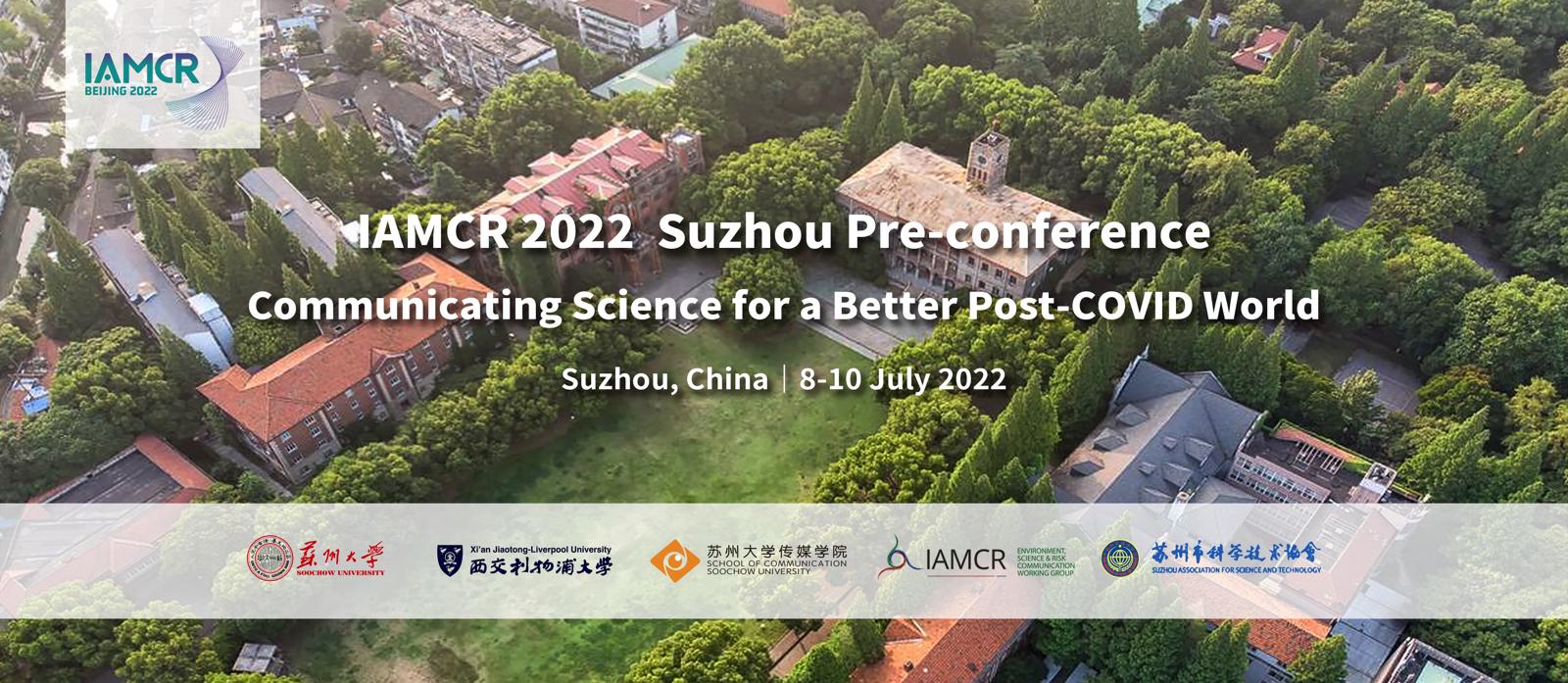Public health communication receives incomparable attention due to the recent outbreak of COVID-19 pandemic. Public perception of policy risk directly determines the effect of policy dissemination. Generally speaking, according to social risk amplification theory, the socioeconomic status of the audience plays an important role in risk perception. However, in the local Chinese context, the public's media habits are clearly differentiated, and different types of media channels have a great impact on the communication of policies, and there are large differences in content, communicators, and audience groups. Therefore, the public's media use behavior is a very important influencing factor in the study of risk perception of public policies.
Based on the above background, the purpose of this study takes the media use as an intermediate variable to explore the impact factors of public risk perception. A mediating effect model of social class and risk perception was constructed by media use. 648 sample data were collected by questionnaire and analyzed by structural equation model.
The results show that social stratification plays a mediating effect through media use in the process of public health policy communication. The higher the socioeconomic status, the lower the solidification degree of the catalytic habits, the higher the degree of direct understanding of policy through the media, the stronger the risk perception of public health policy. People with lower socioeconomic status do not have a high degree of understanding and participation in policy on media platforms, and their risk perception of policy is relatively low. Based on this, this study suggests that Official interpretations of public health policy should be more tendentious, form a three-level communication mechanism:Official - people with higher social stratification - people with lower social stratification, do a good job in the policy interpretation for the people at higher levels, and complete the dissemination of policy information through the people at higher levels. This will reduce the risk perception of policy among the higher classes, improve the understanding of policy among the lower classes.

 京公网安备 11010802039275号
京公网安备 11010802039275号